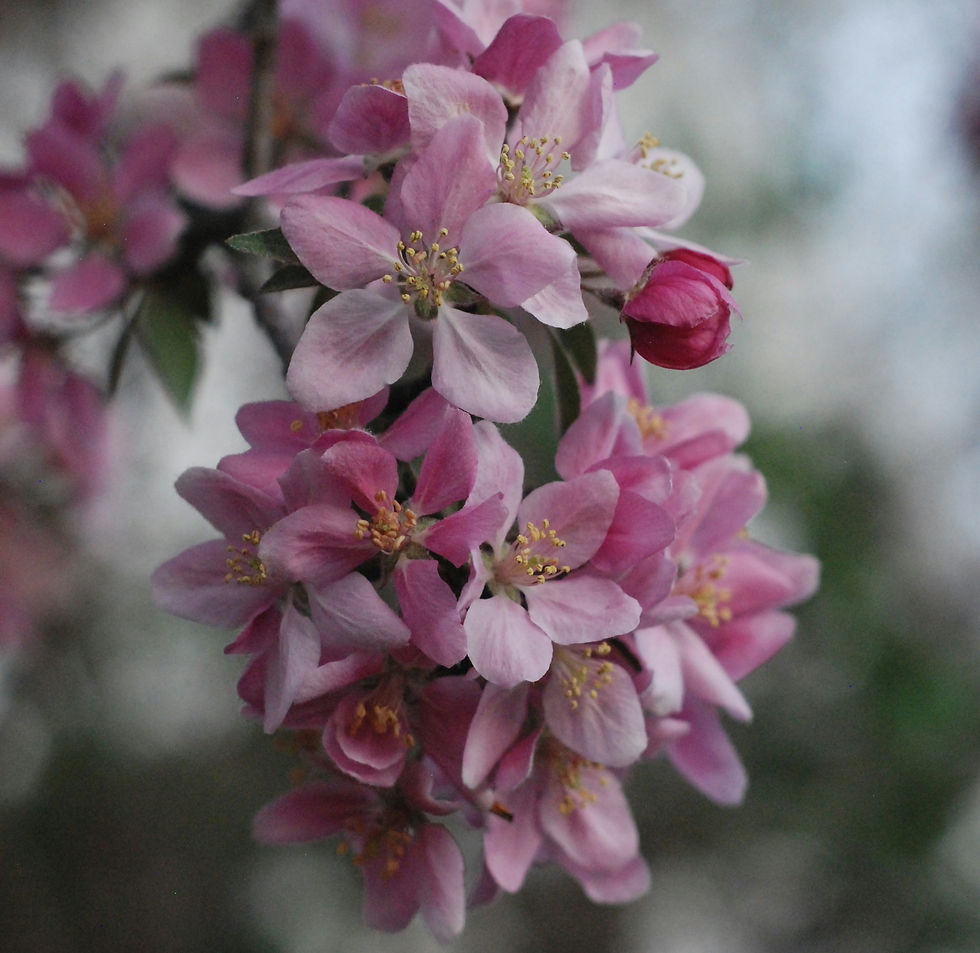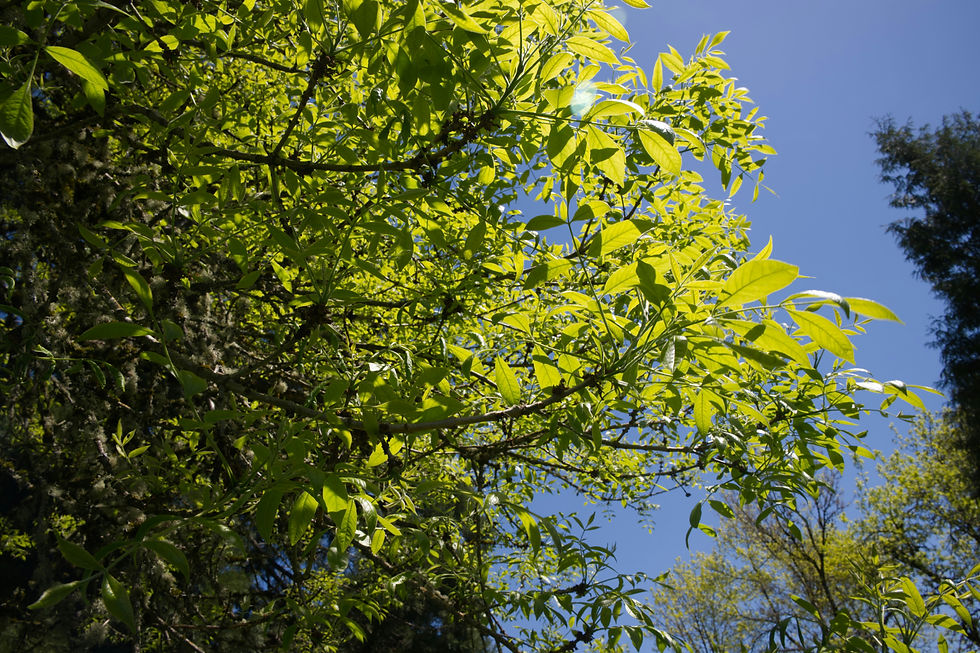How to Identify Common Trees in the Minneapolis West Metro
- Jordan

- Apr 19
- 2 min read
Knowing what kinds of trees grow on your property isn’t just a fun fact — it can help you plan better trimming, recognize disease early, and care for your landscape year-round. In the Twin Cities West Metro area, we see a consistent mix of native hardwoods, ornamental trees, and evergreens, each with distinct characteristics.
Here’s a practical guide to help you identify the most common types of trees in our service area.
Red Oak
Leaf Shape: Pointed lobes with bristle tips (classic “oak” look)
Fall Color: Deep red
Notes: Common across Minnetonka, Edina, and Hopkins; susceptible to oak wilt if pruned at the wrong time

Fallen Red Oak Leaves
White Pine
Needles: Soft, long, in bundles of five
Shape: Tall, symmetrical conifer
Notes: Found in older wooded lots and natural areas near Orono and Excelsior

White Pine Trees have long soft needles
Crabapple
Leaf Shape: Small and oval with serrated edges
Bonus: Spring flowers and small decorative fruit
Notes: Commonly planted in front yards and near sidewalks across suburban neighborhoods

Sugar Maple
Leaf Shape: 5 lobes with smooth edges (think Canadian flag)
Fall Color: Bright orange or red
Notes: Popular in Plymouth and Eden Prairie for their stunning fall display

American Basswood (Linden)
Leaf Shape: Heart-shaped with serrated edges
Flowers: Small, fragrant blooms in early summer
Notes: Large shade trees found near parks and boulevards

Green Ash
Leaf Shape: Compound leaves with 5–9 leaflets
Bark: Ridged and diamond-patterned
Notes: Many have been removed due to Emerald Ash Borer, but still present in some areas

Colorado Blue Spruce
Needles: Short, stiff, and blue-gray
Shape: Dense and pyramidal
Notes: Popular for privacy screening and winter color

Why Tree ID Matters
Understanding what’s growing on your property helps you:
Plan safe, seasonal pruning
Watch for species-specific pests and diseases
Avoid unnecessary removal of protected trees
Stay in compliance with city tree ordinances
At TreeTec, we’re familiar with the tree species native to Hennepin and Wright County — and we’re here to help you manage them properly.
Need Help Identifying a Tree?
Snap a photo and send it our way. You can text our main phone number (612) 472-8733. Our certified team can help you identify your tree and recommend next steps for care or removal



Comments